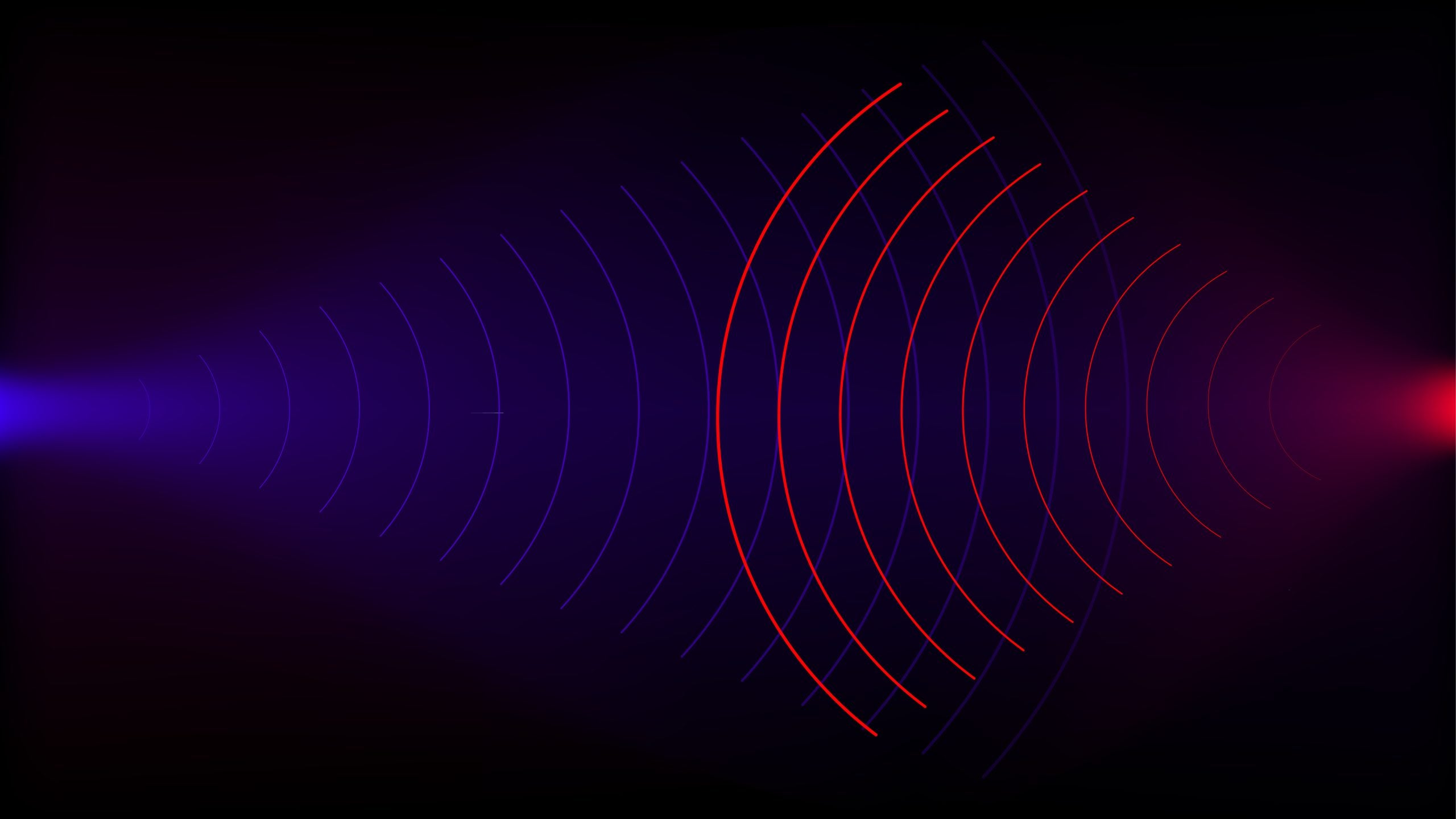
An early feasibility study investigating Vibrato Medical’s wearable non-invasive ultrasound device to treat chronic limb-threatening ischemia (CLTI) has met its primary endpoint.
Data from the study, called Prelude, was presented at the 2023 Vascular InterVentional Advances conference in Las Vegas, US, held from 28 October to 2 November.

Discover B2B Marketing That Performs
Combine business intelligence and editorial excellence to reach engaged professionals across 36 leading media platforms.
CLTI is the end-stage of peripheral artery disease (PAD). The Prelude study evaluated 12 patients with infrapopliteal PAD. Patients either had class 3, 4 or 5 indicated severe claudication, rest pain, and minor tissue loss. Only class 6, which characterises major tissue loss, is more severe.
Vibrato administered 30-40 non-invasive therapeutic ultrasound treatment sessions over two months. Patients demonstrated an improvement in toe perfusion and an increase in tissue oxygenation by 17%. The study was conducted in the US.
Vibrato’s device is called the Vibrato Sleeve, which comprises a 16-transducer array wrapped in a sleeve and mounted to the posterior calf.
Approximately 18 million people in the US have PAD. An estimated two million PAD patients have severe blockages where CLTI is presented. The Society for Vascular Surgery states that current treatment is using an antiplatelet agent, which decreases platelet aggregation and prevents clots from forming.

US Tariffs are shifting - will you react or anticipate?
Don’t let policy changes catch you off guard. Stay proactive with real-time data and expert analysis.
By GlobalDataDr Mahmood Razavi, who presented the data, said: “While the findings from this study are still very early, I am impressed by the clinical improvements, compliance and patient tolerance, and think therapeutic ultrasound may prove itself to be an important treatment for patients with reduced tissue perfusion, such as those with PAD and CLTI.”
In 2021, the US Food and Drug Administration (FDA) stated it was receiving an increasing number of therapeutic ultrasound device submissions. Applications for the brain, cardiovascular system, pain management, and immunotherapy were highlighted by the agency.
Last month, the FDA approved Histosonics’s Edison system, which uses ultrasound to break up tumours. The FDA also approved Recor’s Paradise system, a renal denervation device that uses ultrasound to lower blood pressure. Ultrasound is also being used to enhance therapy, such as Carthera’s and Cordance Medical’s devices that temporarily open up the blood-brain barrier, both of which have received breakthrough designation status.





